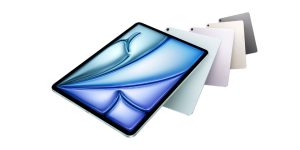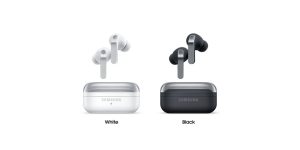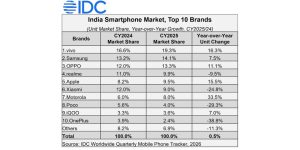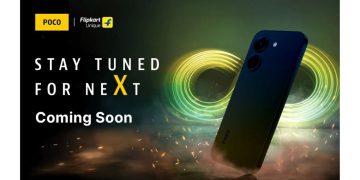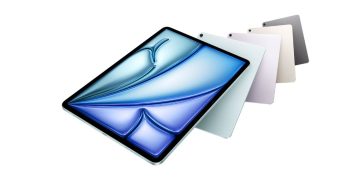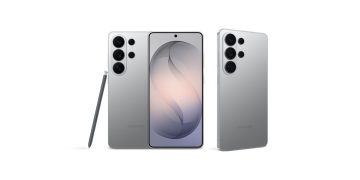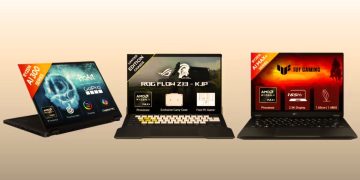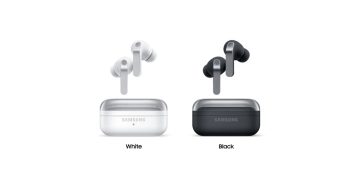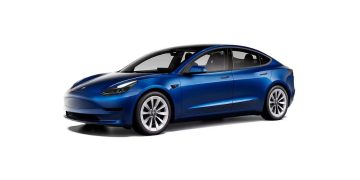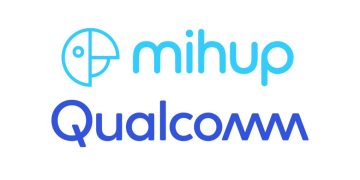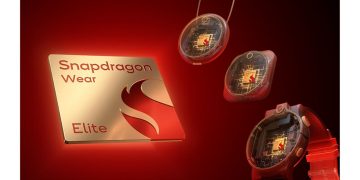Google has officially rebranded its Find My Device network to Find Hub, signaling a broader vision for its location-tracking ecosystem. Announced at The Android Show: I/O Edition, the new name comes alongside new functionalities, expanded partnerships, and plans for deeper integration across consumer products and airlines. With these updates, Google is positioning Find Hub as a robust, cross-platform tool for enhanced item tracking — both online and offline.
Key Points:
Google’s Find My Device network is now renamed Find Hub.
New features include ultra-wideband (UWB) tracking and satellite connectivity.
Partnerships with brands like July, Mokobara, Peak, and Pixbee will expand supported devices.
Airline tie-ups will help travellers track lost luggage in real time.
Google is gradually rolling out Precision Finding through UWB-enabled trackers such as the Moto Tag.
What is Google Find Hub? A Rebrand with Expanded Scope
The Find My Device network has long allowed Android users to locate lost phones, tablets, and connected devices. Now, with its transformation into Find Hub, Google is widening its scope by including third-party accessories, travel gear, and wearables in the ecosystem. While the renaming itself is a branding decision, Google emphasizes that functionality is at the core of this update.
Find Hub will support a growing catalogue of products and tag-enabled accessories, making Android’s tracking ecosystem more versatile — and competitive with Apple’s Find My network.
New Partnerships with Consumer Brands
To ensure broader adoption, Google has partnered with lifestyle and tech brands to embed Find Hub compatibility into a range of everyday items:
July and Mokobara: These travel gear brands are releasing smart luggage with built-in tracking capabilities.
Peak: The Montana-based ski manufacturer will introduce skis embedded with Find Hub-compatible trackers, offering peace of mind on snowy slopes.
Pixbee: This Australian children’s wearable brand is launching Disney-themed Bluetooth tags, appealing to young users and families.
These collaborations make it easier for users to track personal items during travel, recreation, and daily routines.
Introducing Ultra-Wideband Precision Finding with Moto Tag
A key feature rolling out with Find Hub is Precision Finding, powered by ultra-wideband (UWB) technology. It allows users to accurately pinpoint the location of compatible tags — even when they’re offline.
The Moto Tag, recently launched in India, is the first device to support this feature. Priced at ₹2,299, it is available in Jade Green and Starlight Blue. Moto Tag is part of Google’s broader effort to democratize smart tracking beyond flagship devices, offering offline detection and more precise location data via the Find Hub app.
Satellite Connectivity Coming Soon
Google also confirmed that satellite connectivity is on the roadmap for Find Hub. Later in 2025, the service will gain the ability to operate even in areas lacking cellular coverage, such as remote or mountainous regions. This feature will allow users to stay connected and locate their devices via satellite networks, enhancing safety and utility during off-grid travel.
Partnering with Airlines for Smarter Travel
To make travel more convenient, Google is teaming up with several international airlines, including:
Aer Lingus
British Airways
Cathay Pacific
Iberia
Singapore Airlines
Travellers will be able to share Bluetooth tag data directly with the airline, allowing staff to track misplaced luggage in real time. Google claims this will simplify the often-frustrating experience of lost baggage, improving both user experience and airline operations.
Conclusion
Google’s rebranding of Find My Device to Find Hub reflects its ambitious vision to create a connected, intelligent tracking ecosystem. From ski gear and smart luggage to UWB-powered tags and satellite support, Find Hub is shaping up to be an essential tool for users navigating both everyday life and global travel. With expanded compatibility, precision locating, and collaborative airline integrations, Google is clearly intent on making Find Hub a cornerstone of the Android ecosystem in 2025 and beyond.
Follow Before You Take on:
Latest Technology News | Updates | Latest Electric Vehicle News | Updates | Electronics News | Mobile News | Updates | Software Updates
📌 Facebook | 🐦 Twitter | 📢 WhatsApp Channel | 📸 Instagram | 📩 Telegram | 💬 Threads | 💼 LinkedIn | 🎥 YouTube
🔔 Stay informed, Stay Connected!















































